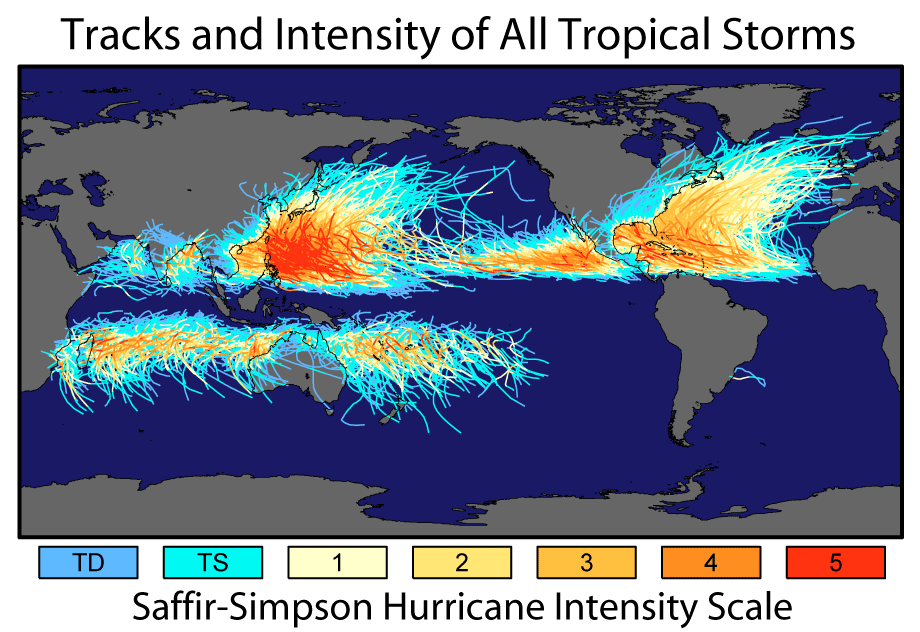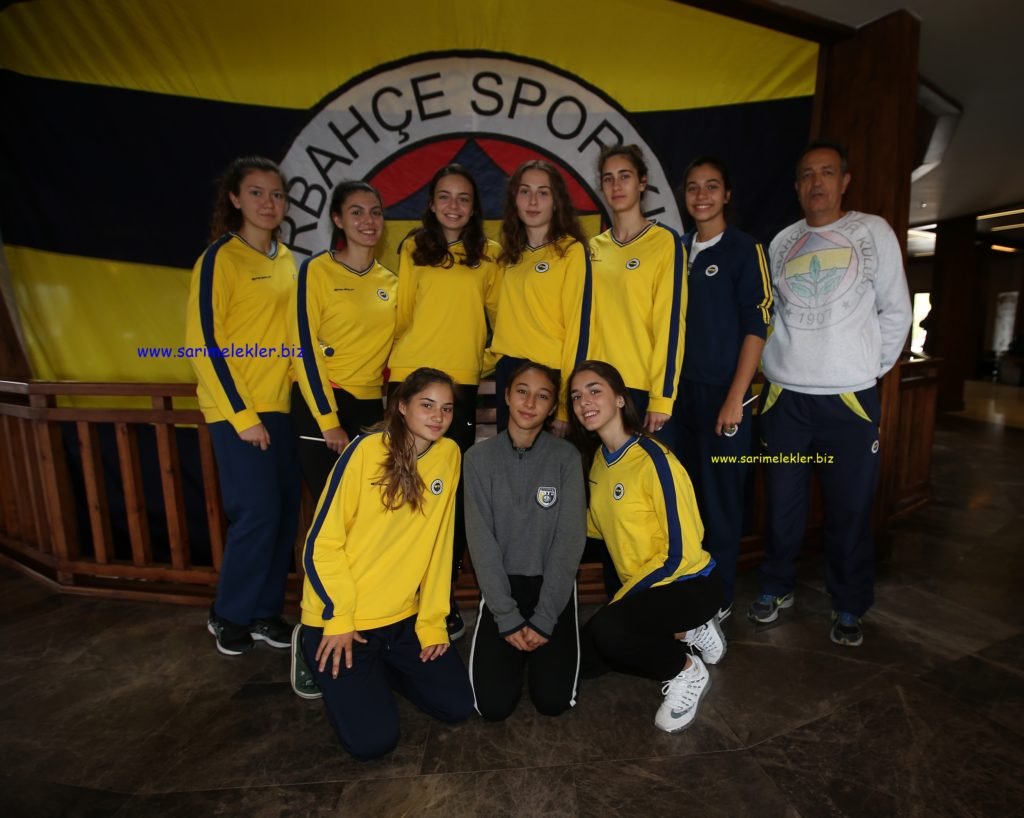#1 Wisconsin v. Miami: Fri 9/8/23, 7 PM CT (BTN+)
Sept 4, 2023 14:47:38 GMT -5
Cubicle No More ..., badgerbreath, and 3 more like this
Post by rainbowbadger on Sept 4, 2023 14:47:38 GMT -5
| #1 Wisconsin vs. Miami |
| Friday, Sept. 8, 2023 7:00 PM Central |
| Wisconsin Field House Madison, Wisconsin |
The #1 Wisconsin Badgers complete Week 3 by hosting the 4-1 Miami Hurricanes on Friday night at the UW Field House. The Canes only loss is a close five-setter to South Carolina last week. Their offense features current ACC Setter of the Week Savannah Vach. Miami will hang around to face the Arizona Wildcats on Saturday before heading home.
Follow Along
🎟: UWBadgers.com
📺: B1G+ ($)
🎧: FoxSports 1070 AM on iHeartRadio
📊: StatBroadcast
Players to Watch
Wisconsin
| #13 - OH Sarah Franklin 6-3 R-JR | #9 - MB Caroline Crawford 6-3 SR | #10 - MB/RS Devyn Robinson 6-2 SR | ||
| #12 - OH Temi Thomas-Ailara 6-2 GR | #52 - MB Carter Booth 6-7 SO | #14 - MB/RS Anna Smrek 6-9 JR |
Miami
| #10 - OH Flormarie Heredia Colon 6-0 SO | #16 - MB Abby Casiano 6-2 GR | #14 - OH Angela Grieve 6-0 R-SR | ||
| #19 - OH Peyman Yardimci 6-0 JR | #17 - MB Janice Leao 6-3 GR | #1 - S Savannah Vach 5-10 GR |
History
The series: Tied 1-1.
Both matches were played in Madison.
Last meeting: Wisconsin swept Miami on 9/12/2014.
Did you know…?
A tropical cyclone is a rapidly rotating storm system characterized by a low-pressure center, a closed low-level atmospheric circulation, strong winds, and a spiral arrangement of thunderstorms that produce heavy rain and squalls. These meteorological phenomena are referred to by different terms depending on their location and strength; the term "hurricane" specifically refers to a strong tropical cyclone (wind speeds >75 mph) that occurs within the North Atlantic and Northeastern/North Central Pacific Oceans; the same storm in the Northwestern Pacific Ocean is called a typhoon. Each individual storm is then given a human name to uniquely identify it.
The practice of giving human names to hurricanes has several advantages: It ensures quick identification of storms in warning messages and reduces confusion, as more than one storm may occur at once. Naming storms also increases media attention, heightens interest in warnings, and increases community preparedness. In the 18th and 19th centuries, Atlantic hurricanes were named for the saint on whose day the hurricane occurred. The late 19th and early 20th centuries saw the practice of giving women's names to storms, but soon the US Air Force began naming storms using the Joint Army/Navy Phonetic Alphabet (Alpha, Bravo, Charlie, etc.), and that practice became widespread with the increased reliance on weather forecasting in WWI and WWII. The US Weather Bureau (later National Weather Service) began using female names for hurricanes in 1953 and added male names to the list 25 years later. Hurricane Bob (July, 1979) was the first Atlantic hurricane to have a masculine name.
 |
Hurricane Bob as it strengthened over the Gulf of Mexico on July 10, 1979 Photo credit: NOAA |
Today the UN World Meteorological Organization maintains the lists of names that are appropriate for each tropical cyclone basin, and a procedure for using them. The countries in each region provide the list of names according to certain conventions. For example, the Caribbean Sea, Gulf of Mexico, and North Atlantic basin uses English, French, and Spanish names on its lists to reflect the languages spoken in the region. It has six lists that are used on an annual rotation, so we're using the same list (minus retired names) in 2023 as we did in 2017, and we will use it again in 2029.
 |
Hurricane Idalia strengthening to Category 4 and making landfall in Florida on August 30, 2023 Image credit: NOAA |
Prior to 2021, if a very active hurricane season exhausted the list of names, subsequent storms were named with Greek alphabet letters (Alpha, Beta, Gamma, etc.). In 2020, there were 30 named tropical storms, nine of which* had Greek letter names. Of those nine, two - Central American Hurricanes Eta and Iota - were devastating enough for their names to be retired, but the WMO Hurricane Committee determined that it was not practical to retire a Greek letter into hurricane history. In 2021, noting that climate change was increasing ocean temperatures and fueling more, stronger tropical cyclones, the WMOHC abandoned use of Greek letter names and instead adopted supplemental name lists.
*For those of you doing the math, yes, that means the standard lists of North Atlantic hurricane names have only 21 entries. There are no North Atlantic hurricanes with names beginning with Q, U, X, Y, and Z, owing to the dearth of suitable names beginning with those letters.








